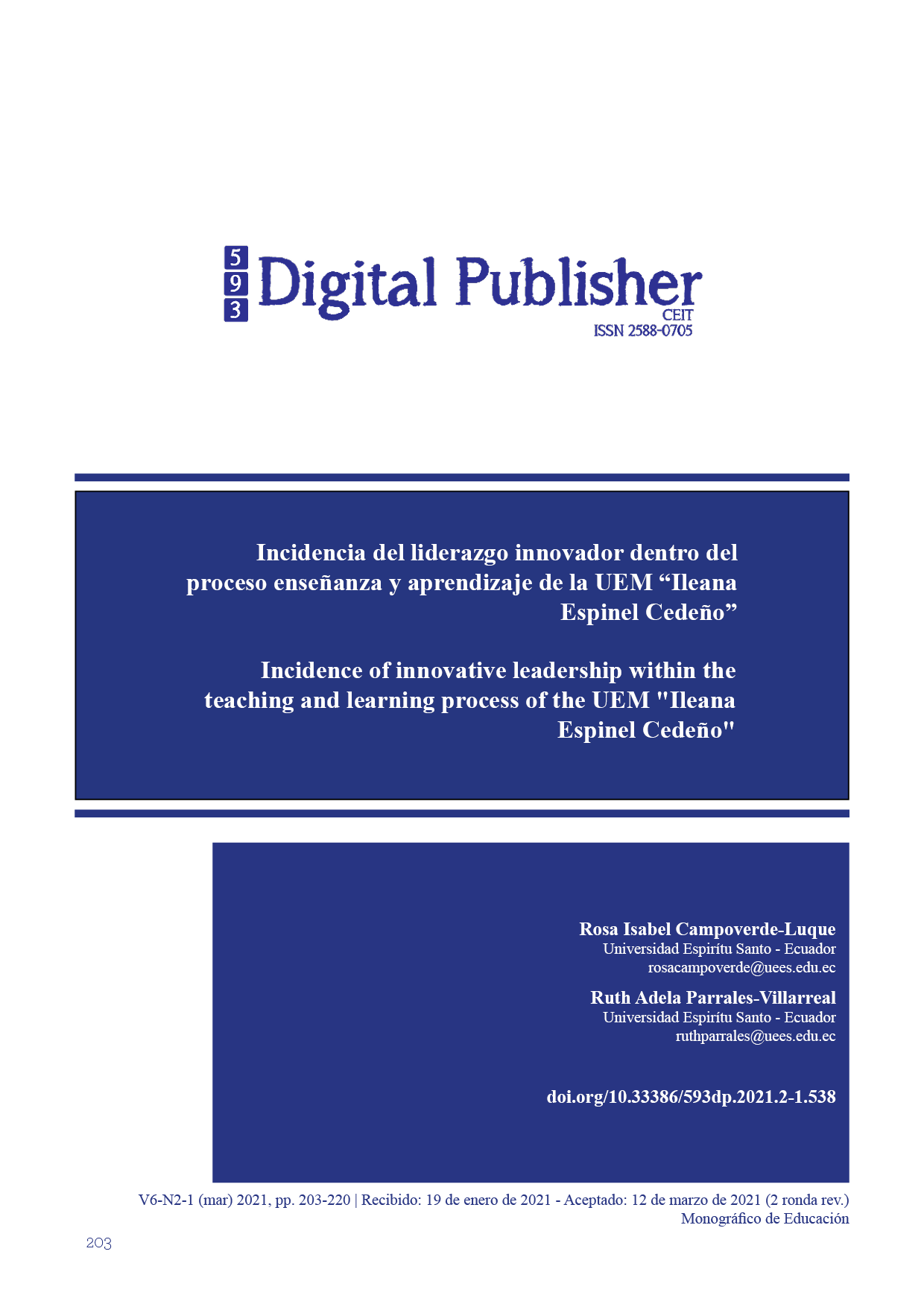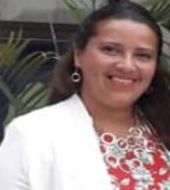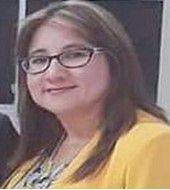Incidence of innovative leadership within the teaching and learning process of the UEM "Ileana Espinel Cedeño"
Main Article Content
Abstract
Innovative Leadership in educational settings has become an essential characteristic that goes hand in hand with adequate and effective educational management, the present research aims to design a manual of innovative strategies for educational managers, which contributes positively to the learning environment , since nowadays, leaders are required who through their management, strengthen the communication processes between the educational community, optimizing the relationship between teachers and students, in addition to implementing new educational trends, which allow the obtaining of suitable results in the teaching and learning processes at the "Ileana Espinel Cedeño" Millennium Educational Unit. The intention is to contribute with a reconceptualization of innovative leadership that generates transformation, in private educational institutions and that contributes to the construction of a quality education in the public sector, in order to comply with the 2030 Agenda. The focus of the research is cut Mixed, a literary review has been carried out in indexed scientific journals such as Scielo, Latindex and on websites such as academic Google, based on the logical historical method, which allows documentary analysis of the trajectory of the types of leadership. To obtain the quantitative results, the survey has been applied, based on the Likert scale, in addition to scientific observation, analysis and synthesis, deduction and induction, the sample as a statistical method and the hypothetical-deductive method. In conclusion, the management of educational leaders should focus on generating transcendental changes in the educational context, as they can thus provide students with better opportunities to learn and in the future, in the workplace.
Downloads
Article Details

This work is licensed under a Creative Commons Attribution-NonCommercial-ShareAlike 4.0 International License.
1. Derechos de autor
Las obras que se publican en 593 Digital Publisher CEIT están sujetas a los siguientes términos:
1.1. 593 Digital Publisher CEIT, conserva los derechos patrimoniales (copyright) de las obras publicadas, favorece y permite la reutilización de las mismas bajo la licencia Licencia Creative Commons 4.0 de Reconocimiento-NoComercial-CompartirIgual 4.0, por lo cual se pueden copiar, usar, difundir, transmitir y exponer públicamente, siempre que:
1.1.a. Se cite la autoría y fuente original de su publicación (revista, editorial, URL).
1.1.b. No se usen para fines comerciales u onerosos.
1.1.c. Se mencione la existencia y especificaciones de esta licencia de uso.
References
Alvarez, M. (1998). El Liderazgo de la Calidad Total . España: Escuela Española.
Arias Gómez, J., Villasis, M., & Miranda Nogales, M. (2016). El protocolo de investigación III: la población de estudio. Redalyc, 63(2), 201-206. Obtenido de https://www.redalyc.org/pdf/4867/486755023011.pdf
Bolivar, A., López, J., & Murillo, J. (2013). Liderazgo en las Instituciones Educativas. Una Revisión de Líneas de Investigación. Revista Fuentes, 15-60.
Briceño, j. (2019). Estrategias de enseñanza aprendizaje. Sao Paulo: Pimenta cultural.
Briceño, J., & Rivas, Y. (2019). Estrategias de Enseñanza/Aprendizaje: Investigaciones desde el CRINCEF. Pimenta Cultural. doi:10.31560/pimentacultural/2019.652
Chile, M. d. (2015). https://liderazgoescolar.mineduc.cl/wp-content/uploads/sites/55/2016/04/MBDLE_2015.pdf.
Colón B, J. (2014). Escuela d Organización Industrial. Obtenido de https://www.eoi.es/blogs/mintecon/2014/05/01/motivacion-y-liderazgo/
Connolly, M. (2018). The Sage handbook of School Organization. Gales del Sur, Reino Unido: Sage.
Contreras, T. (2016). Liderazgo pedagógico, liderazgo docente y su papel en la mejora de la escuela: una aproximación teórica. Heidelberg, Alemania.
Dos Santos, A. (2016). Experiencias Innovadoras de formación para Lideres Educativos de Nivel Intermedio. Informe Técnico No. 3. LIDERES EDUCATIVOS, Centro de Liderazgo para la Mejora Escolar.
García Sierra, P. (2019). Diccionario Filosófico:Manual de Materialismo Filosófico (2 ed., Vol. 4). Montevideo: Ediciones Pueblos Unidos. Obtenido de http://www.filosofia.org/filomat/index.htm
Godfrey, & Gajardo. (2020). School Peer Review for Educational Improvement and Accountability. London,UK: UCL institute of Education.
Gomez, A. M. (2012). La dirección escolar-liderazgo para intervenir en programas de atención a la diversidad y bilinguismo en un centro de Educación Secundaria. Paper, Congreso Internacional de Organización Educativa. Granada.
Gómez, J. (2016). El liderazgo en la gestión escolar, Rep{ublica del Ecuador. Manabí, Ecuador: Universidad Laica”Eloy Alfaro”.
Hallinger. (2014). Liderazgo colaborativo y mejora escolar: Comprendiendo el impacto sobre la capacidad de la escuela. Revista Iberoamericana sobre Calidad, Eficaciay Cambio en la Educación Vol12.
Hermosilla, D., Amutio, A., Páez, D., & Da Costa, S. (2016). El Liderazgo transformacional en las organizaciones: variables mediadoras y consecuencias a largo plazo. Elsevier, 32(3), 135-143. doi:http://dx.doi.org/10.1016/j.rpto.2016.06.003
Hernández Sampieri, R., & Fernández Collado, C. (2017). Selección de la Muestra. En R. Hernández Sampieri, Metodología de la Investigación (págs. 170-191). México: McGraw-Hill.
Ibañez Pinilla, M. (2006). Mentefactos conceptuales como estrategia didácticopedagógica de los conceptos básicos de la teoría de muestreos aplicados en la investigación de la salud. Redalyc, 4(Especial), 62-72. Obtenido de https://www.redalyc.org/articulo.oa?id=56209908
Ineval. (2019). http://www.evaluacion.gob.ec/evaluaciones/instituciones/. Obtenido de http://www.evaluacion.gob.ec/evaluaciones/instituciones/
Ineval. (2020). Resultados Ser Bachiller .
Krueger, N. (29 de Abril de 2020). Cómo liderar un distrito escolar en una crisis. Obtenido de https://www.iste.org/: https://www.iste.org/es/explore/learning-during-covid-19/how-lead-school-district-crisis
Leithwood, K. (2009). Distributed leadership according to the evidence. New York: Taylor & Francis Group.
Leithwood, K. D. (2006). Liderazgo escolar exitoso. Qué es y cómo influye en el aprendizaje de los alumnos. Reino Unido: National College for School Leadership.
Lissabet Rivero , J. (2017). Experiencia de la aplicación del método “histórico-lógico” y la técnica cualitativa. Revista Dilemas Contemporáneos, 23(1). Obtenido de http://www.dilemascontemporaneoseducacionpoliticayvalores.com/index.php/dilemas
López, G. (2016). Evaluaciones estandarizadas de los estudiantes: una visión desde la pedagogía crítica. Quito: UASB.
Manterola, C., & Otzen, T. (2017). Técnicas de Muestreo sobre una Población a Estudio. Scielo, 32(1), 227-232. Obtenido de https://scielo.conicyt.cl/pdf/ijmorphol/v35n1/art37.pdf
Marfull Pujadas, A. (Marzo de 2019). El método hipotético-deductivo de Karl Popper. Obtenido de andreumarfull.com.
Miniland Educational. (2018). Innovative didactic strategies to apply in your classes. Obtenido de https://spain.minilandeducational.com/school/estrategias-didacticas-innovadoras-para-tus-clases
Peña Acuña, B. (2015). La Observación como herramienta científica. Madrid, España: Asociación Cultural y Científica ACCI. Obtenido de www.bibliotecavisionnet.com
Rivero, L. (2017). Experiencia de la aplicación del método “histórico-lógico” y la técnica cualitativa. Revista Dilemas Contemporáneos, http://www.dilemascontemporaneoseducacionpoliticayvalores.com/index.php/dilemas.
Robinson, V. (2009). Liderazgo escolar y resultados de los estudiantes, identificar qué funciona y por qué.
Rodriguez Jiménez, A., & Pérez Jacinto, A. (2017). Métodos Científicos de Indagación y de Construcción de Conocimiento. Revista EAN(82), 170-200. doi:DOI: https://doi.org/10.21158/01208160.n82.2017.1647
Rodríguez Palmero, M. (2004). Meaningful Learning Theory. Conference on Concept Mapping C.M.C. doi:http://cmc.ihmc.us/Papers/cmc2004-290.pdf
Romero Ariza, M., & Quesada, A. (2014). Nuevas tecnologías y aprendizaje significativo de las ciencias. Enseñanza de las Ciencias, 32(1), 101-115. doi:https://ensciencias.uab.es/article/view/433
Ruiz, E., & Barcenas, J. (2019). Edutecnología y Aprendizaje 4.0. México: Andres Mota.
Sánchez, A. R. (2016). Liderazgo Educativo: conceptualización y tendencias actuales. Zaragoza: Facultad de Ciencias Humanas y de la Educación. Campus de Huesca.
Torre, S. d., & Domingues, M. (2016). Estrategias didácticas en el aula. Buscando la calidad y la innovación, 20.
Torres, A. (2020). La Teoría del Aprendizaje Significativo de David Ausubel. Obtenido de https://psicologiaymente.com/desarrollo/aprendizaje-significativo-david-ausubel
Ulloa, G. (2016). Líderes Educativos. Concepción, Chile: Mancilla.
Unesco. (Septiembre de 2020). Unesco.org. Obtenido de https://es.unesco.org/covid19/educationresponse
Volante, P., Montecinos, C., & Uribe, M. (2020). Liderazgo escolar: Aprendiendo en época de crisis. Propuestas Educación Mesa Social Covid-19.



